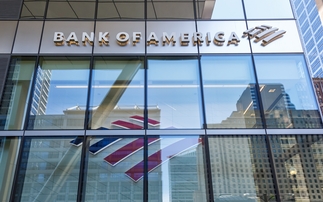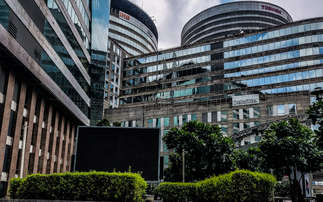Fine is largest in China's corporate history - but it could've been worse
Semiconductor manufacturer Qualcomm has agreed to pay the Chinese government a fine of $975m (£640m) to settle an antitrust investigation that has so far lasted for 14 months. The chip maker - w...
To continue reading this article...
Join Computing
- Unlimited access to real-time news, analysis and opinion from the technology industry
- Receive important and breaking news in our daily newsletter
- Be the first to hear about our events and awards programmes
- Join live member only interviews with IT leaders at the ‘IT Lounge’; your chance to ask your burning tech questions and have them answered
- Access to the Computing Delta hub providing market intelligence and research
- Receive our members-only newsletter with exclusive opinion pieces from senior IT Leaders























